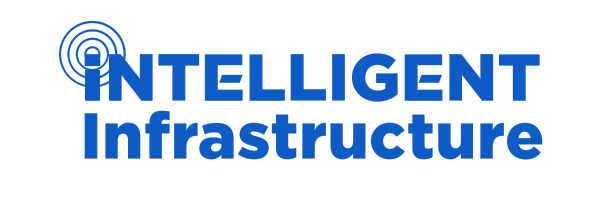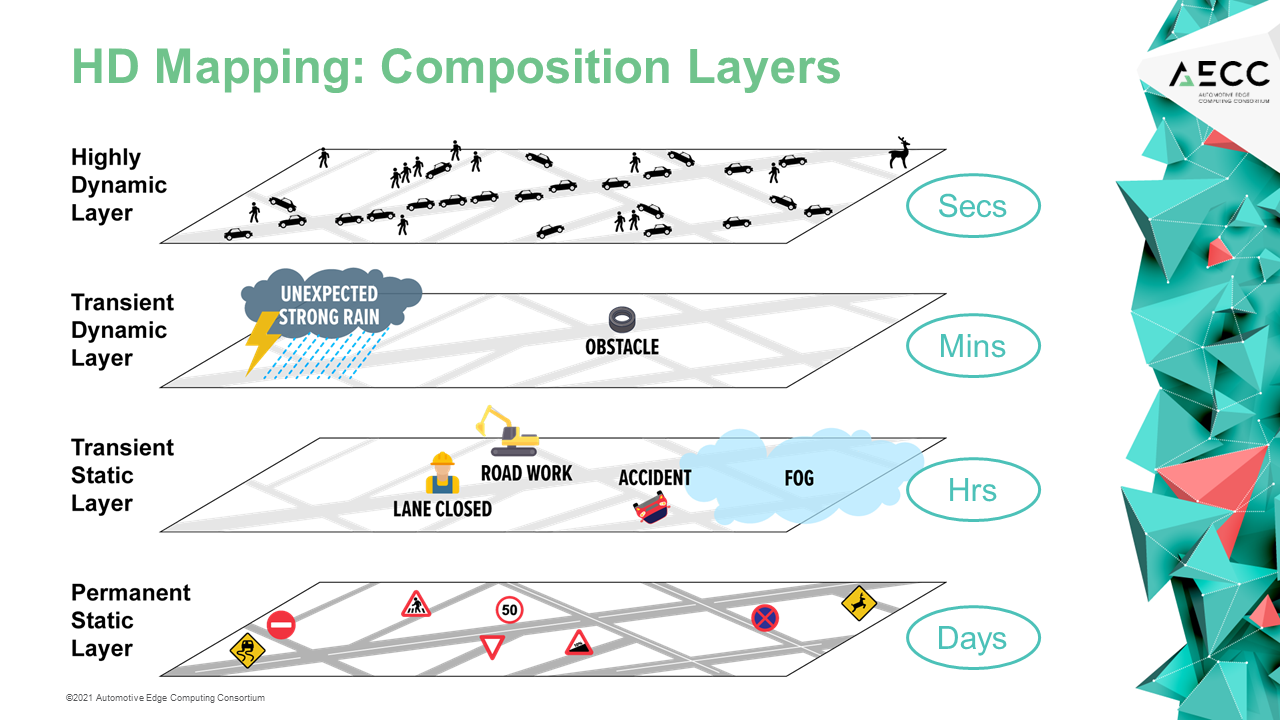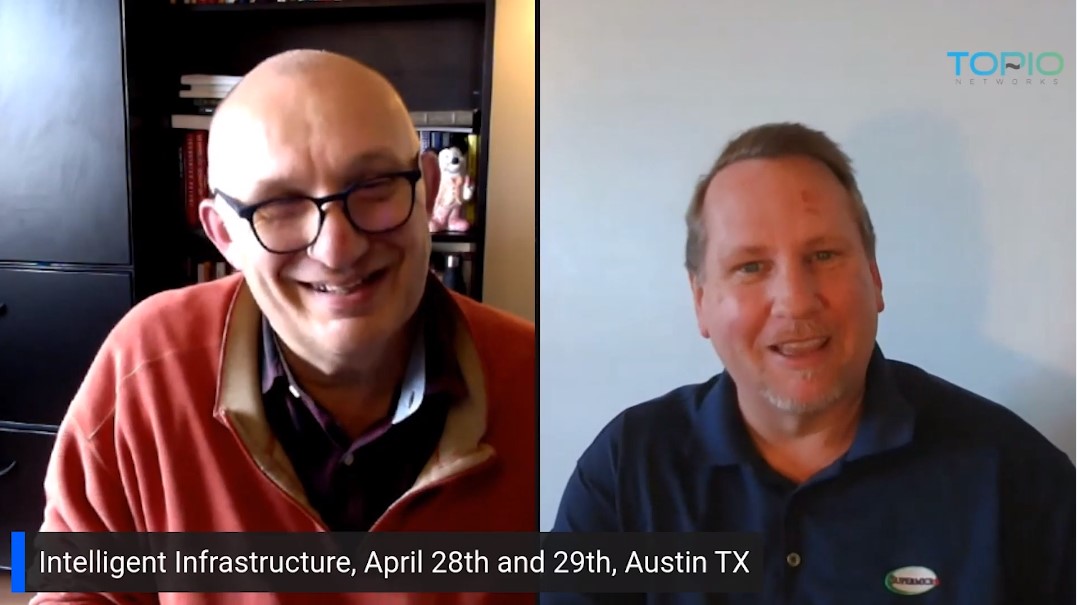Mark Wheeler CIO of Philadelphia
In the approach to the Intelligent Infrastructure conference in Austin on April 28th & 29th we’re talking to some of the key thought leaders in Intelligent Infrastructure to get their opinions on the space.
Today we’re catching up with Mark Wheeler, Chief Innovation Officer of Philadelphia.
Hi Mark ! Why is Intelligent Infrastructure such an exciting market today ?
From the city government perspective, there have been enough pilot projects around the country to demonstrate the value of intelligent infrastructure to public services be it for complete streets, parks or E-911 operations. We’ve seen that the most common of street fixtures, the lamp pole, can be repurposed with shared sensors to address a number of tasks and challenges. For example, a city can replace expensive in situ hardware to count vehicles on roadways with an optical sensor for a fraction of the cost, and not only obtain data 24/7 from multiple locations, but with machine learning obtain data that counts passenger vehicles from delivery trucks or bikes from scooters to obtain a complete picture of roadway use over time. While the price of sensors comes down, the technical capacity increases as does the expertise of the solution partners – be the focus on hardware, software or integration and performance. The challenge now is in the scaling up and preparing city operations to ingest the data for day-to-day decision making and long-term policy making.
What do you see as the key challenges in this market where the industry needs to collaborate for the full potential of the opportunity to be realized?
I think the key challenge is the utilization of the high volume and velocity of data coming in from intelligent infrastructure. While cities across the country want to make more informed decisions, operations teams and policy makers will struggle to adapt and make the best use of the volume. Solution providers will need add subject matter experts to their teams who can assist cities in the process redesign of their own decision making and planning efforts. The engagement can end when the equipment is installed. Real value is going to be tested by the depth of adoption in relationship to the total cost of ownership. I would recommend the industry to look to team up data scientists with policy analysts who’ve dealt with similar decision-making environments. Its quite a paradigm shift to go from decision-making bases on snap shots of data to continuous streams that can be analyzed from multiple perspectives.
What are you looking forward to at the Industrial Infrastructure conference in Austin?
Conferences are great places to bring your uses cases and test them out with different solution providers. I’ve had some of the best, most energizing conversations on the expo floors where I can have one on one conversations with engineers and product leads. With the focus almost entirely on smart infrastructure, I’m looking forward to seeing how the industry is evolving and pitching some problems to see who’s got the best set of solutions!





